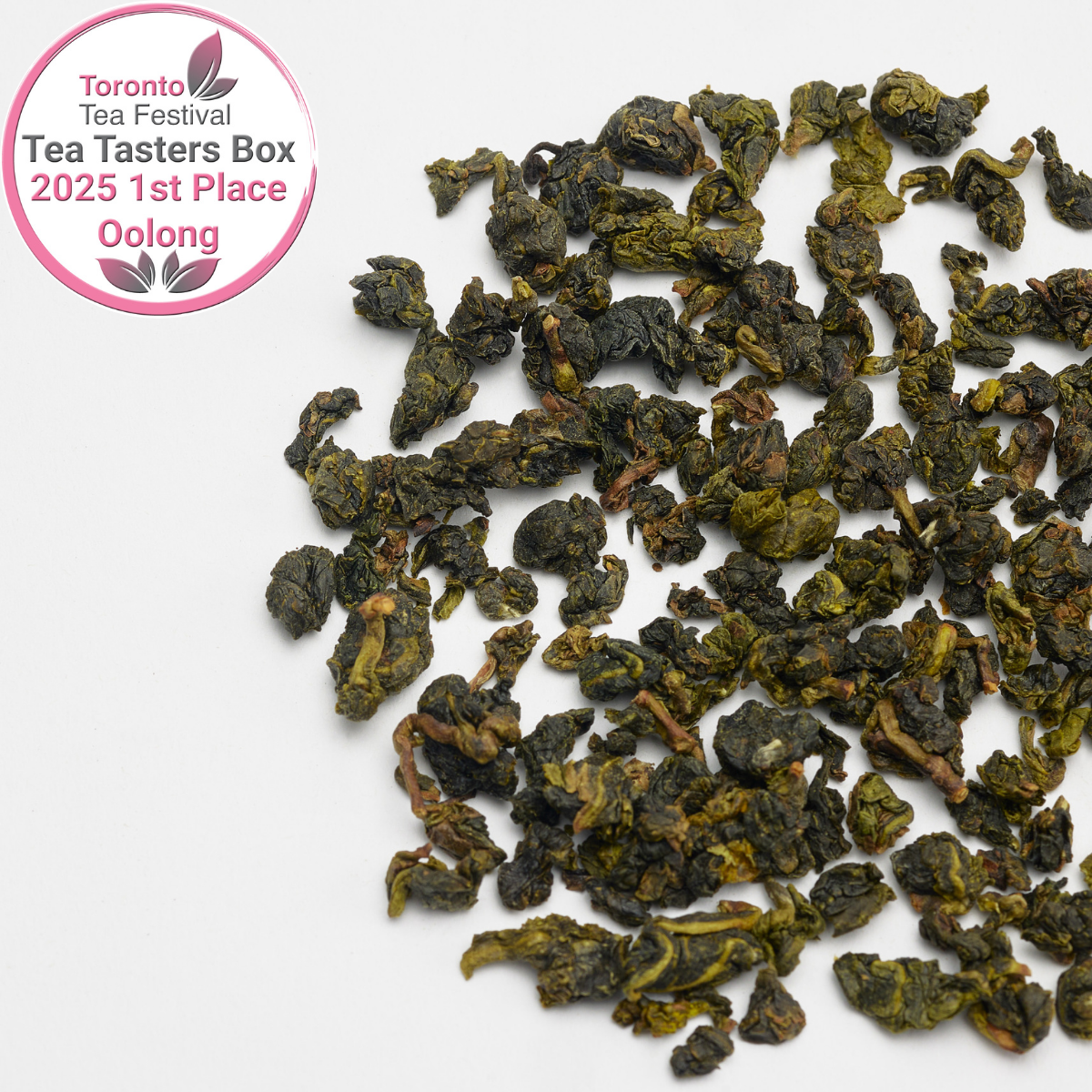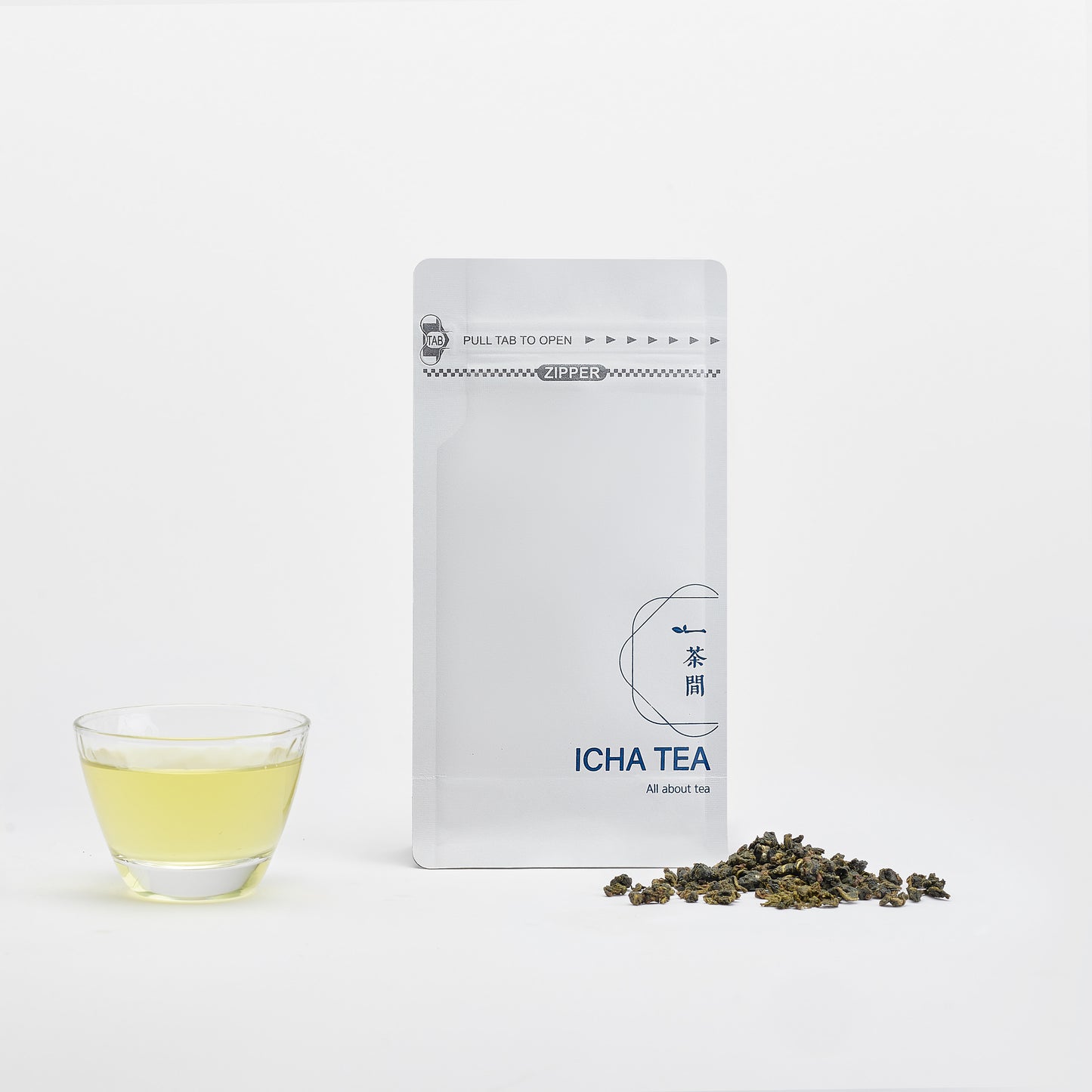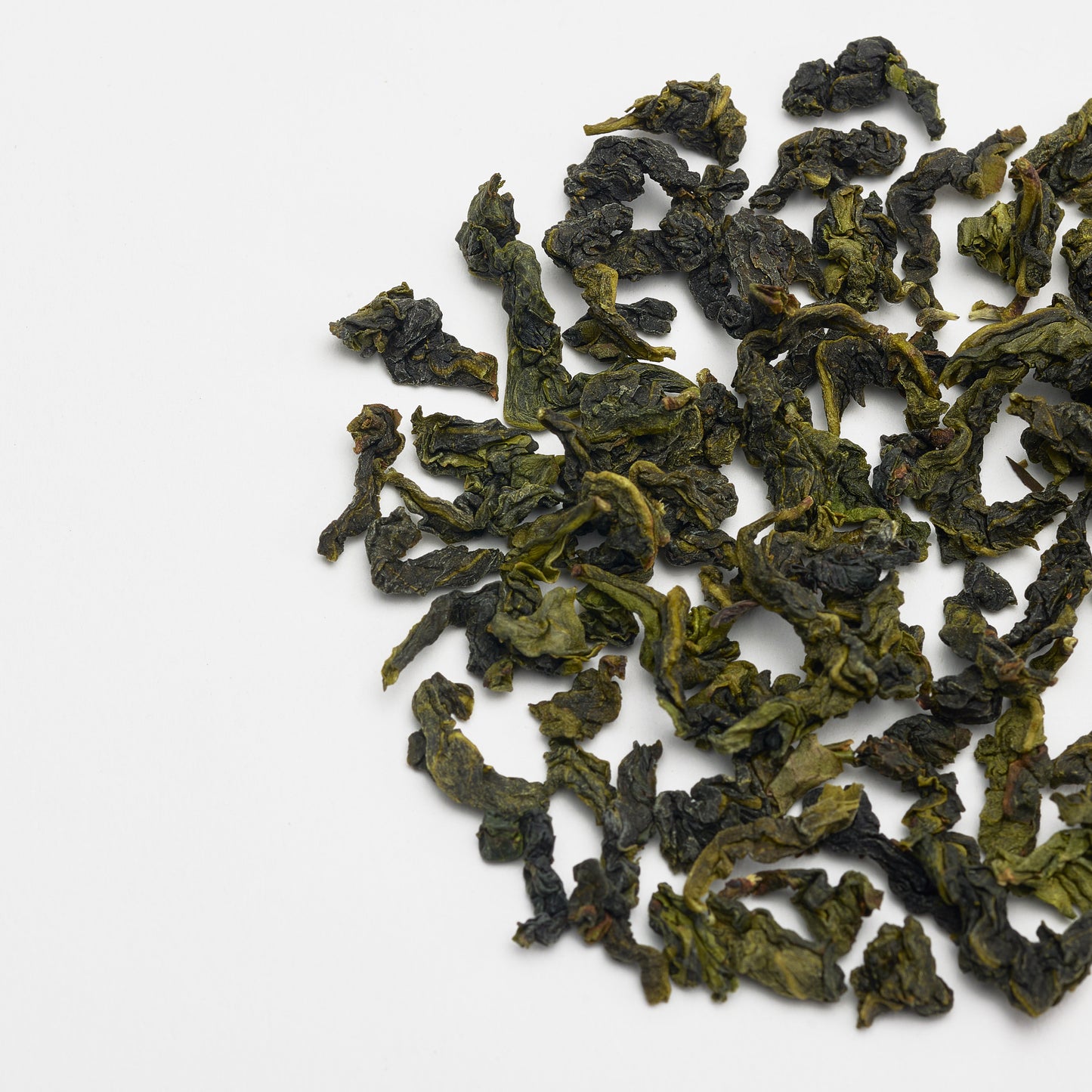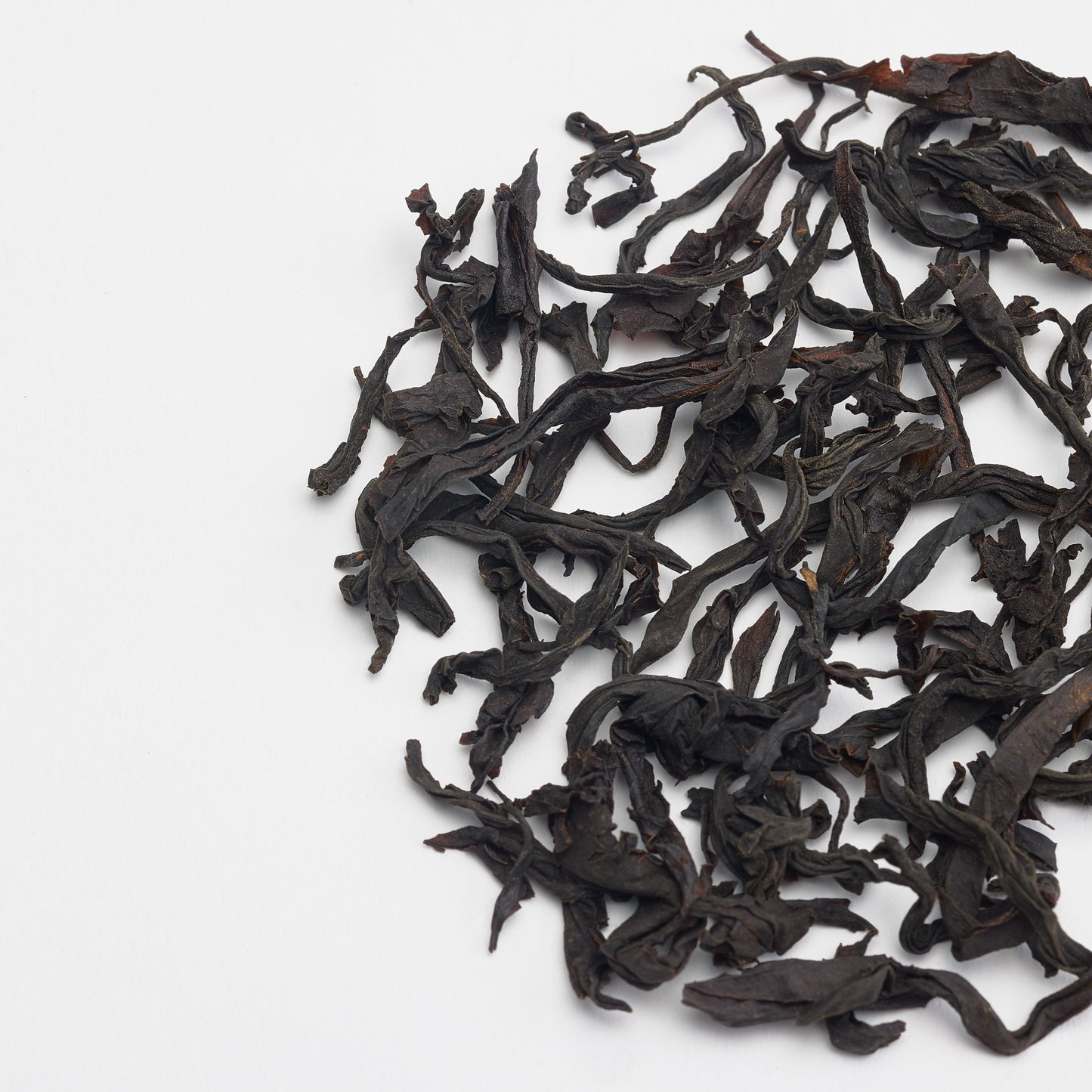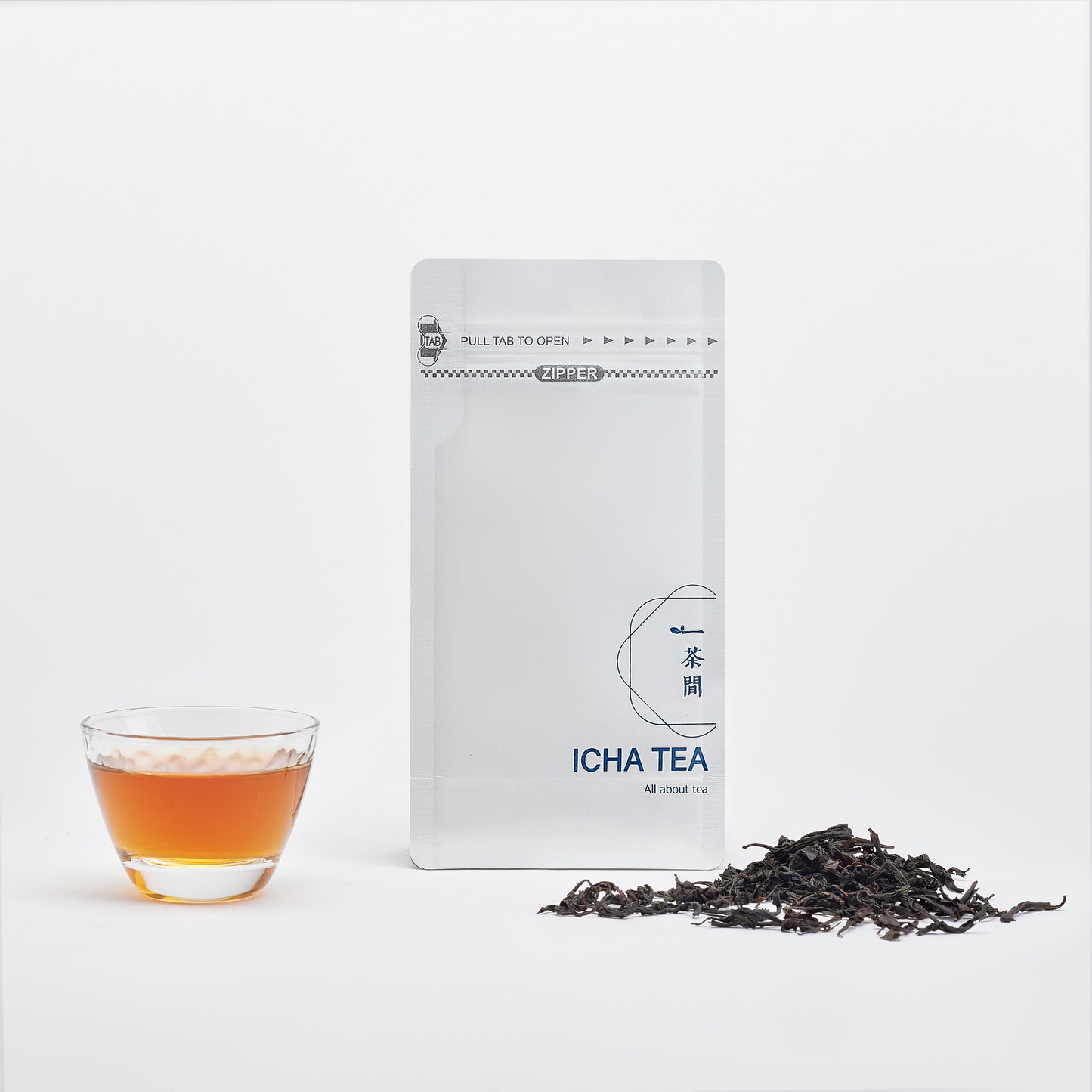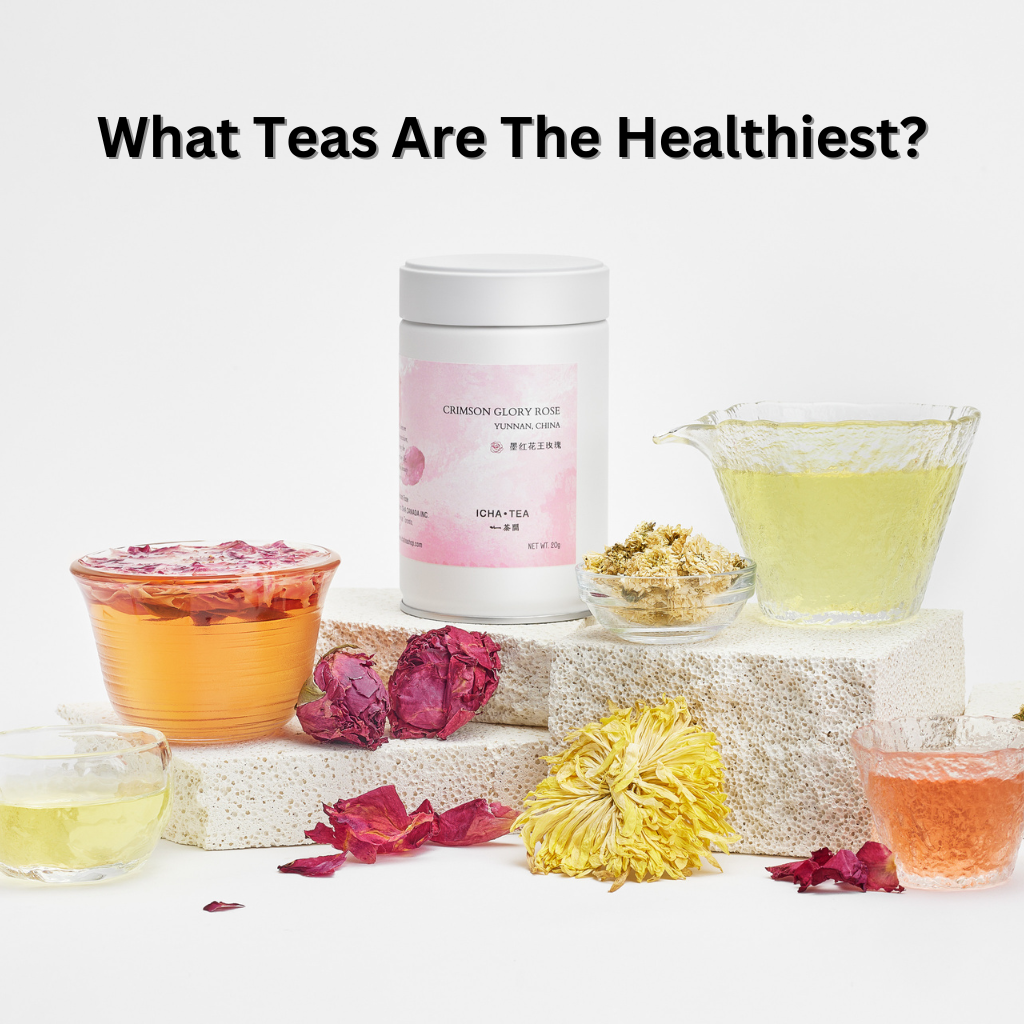
Most people are unaware that tea, outside of North America, is the second most popular beverage in the world (after water). Over 2 billion cups of tea are consumed daily, across many cultures. Equally interesting is that tea leaves began as a medicine. Tea has been prized for its health properties for thousands of years and in the past was initially only available to wealthy families and royalty. Poor farmers would go to great lengths, even scavenging used tea leaves, drying them and reusing them! Today it has grown into a global beverage and billion-dollar industry worldwide.
Tea has evolved from an ancient medicinal herb to a present-day beloved drink. From bubble tea, and milk tea to Starbucks lattes, it’s started to blaze a trail across North America. Modern research continues to validate what traditional Asian medical systems knew centuries ago: tea offers remarkable health benefits when consumed regularly!
Let’s Look at Tea's Health Properties
All “true teas” from the Camellia sinensis plant contain polyphenols, powerful antioxidants that research links to various health benefits. Even though herbal teas are often also referred to as tea, they are better described as herbal infusions since they do not contain Camellia sinensis leaves. The antioxidants and polyphenols present in your tea cup are compounds that work within the body to prevent cellular damage, reduce inflammation, and support overall wellness. The primary beneficial compounds include catechins, predominantly found in green tea; theaflavins, which give black tea its potency; and L-theanine, an amino acid promoting relaxation while enhancing mental clarity.
Health Benefits by Tea Type
Green Tea Benefits
Green tea stands out for its high concentration of EGCG (epigallocatechin gallate), a potent antioxidant linked to numerous health benefits. Regular consumption supports cognitive function, with studies showing improved memory and focus. Research indicates its compounds may help prevent cellular damage while supporting brain health and metabolism. The combination of L-theanine and caffeine creates a unique state of alert relaxation, making it ideal for both mental performance and stress management. Matcha is a green tea that’s been stone-grinded into a powder which dissolves in water. By consuming the entire leaf, instead of discarding it, there is an even greater concentration of caffeine and healthy goodness.
(Check out this deeper dive into matcha tea health benefits)
Black Tea Benefits

Black tea's complete oxidation process creates unique compounds that support cardiovascular health and immune function. Research demonstrates its effectiveness in reducing heart disease risk through improved blood vessel function and blood pressure regulation. The gut health benefits of black tea are particularly noteworthy, as its specific polyphenols support beneficial bacteria while potentially reducing inflammation throughout the digestive system.
(Learn more about the benefits of Chinese black teas here)
White Tea Benefits
The least processed of all teas, white tea, retains the highest levels of natural antioxidants. Its minimal processing preserves delicate compounds that support cellular health and provide gentle energy. Studies suggest white tea's antioxidant properties may offer superior anti-aging benefits, particularly for skin health. The lower caffeine content combined with high antioxidant levels makes it an excellent choice for those seeking maximum health benefits with minimal stimulation.
Oolong Tea Benefits
Oolong's partial oxidation creates a unique profile of polyphenols that support metabolism and weight management. Research indicates regular oolong consumption may help maintain healthy cholesterol levels while supporting dental health through its antibacterial properties. The complex processing of oolong tea produces compounds that aid digestion and may help stabilize blood sugar levels.
(How does oolong tea compare with green tea and what is the difference?)
Aged Pu-erh Benefits
Through its unique fermentation process, pu-erh develops distinct compounds that:
- Support digestive health and metabolism
- Aid in cholesterol management
- Help regulate blood sugar levels
- Promote liver health
- Assist in weight management
- Enhance gut microbiome diversity
(The difference between Black tea and Pu Erh tea is very cool!)
Rose Petal Tea
This elegant botanical tea offers gentle yet effective health support through its natural compounds. Research indicates rose tea may help reduce menstrual discomfort while providing stress relief through its mild sedative properties. Its high vitamin C content supports immune function, while its aromatic compounds demonstrate mood-enhancing properties.
Chinese Gong Ju Chrysanthemum (贡菊)
- Natural cooling effects for body temperature regulation
- Support for eye health and vision
- Anti-inflammatory properties
- Blood pressure management assistance
- Enhanced immune system function
- Liver-protective qualities
Osmanthus Tea
This fragrant flower tea combines delicate flavour with significant health benefits. Its natural compounds support respiratory health while providing gentle digestive aid. Research suggests osmanthus tea may help reduce oxidative stress while supporting overall wellness. The sweet aroma itself demonstrates potential mood-enhancing properties through aromatherapy effects.
How Much Is Too Much?
Understanding proper tea consumption enhances its benefits while avoiding potential concerns. Timing tea consumption between meals optimizes iron absorption from food sources. While caffeine content varies by type, limiting total daily intake to 300-400mg ensures safe consumption. That’s about 7-8 cups as an upper limit. Proper brewing temperatures and steeping times maximize beneficial compounds while maintaining pleasant flavor profiles.
Modern Research Continues To Be Positive
Contemporary research continues unveiling new aspects of tea's health benefits. Studies exploring tea's impact on cognitive health show promising results for age-related mental decline prevention. Emerging research into tea's influence on the gut microbiome suggests broader implications for overall health than previously understood. The convergence of traditional wisdom and modern science continues strengthening our understanding of this remarkable beverage. And best of all, pretty much all modern research agrees that tea is healthy and drinking it every day will benefit almost everyone. That's cause for a short celebration happy dance!
Remember: While tea offers significant health benefits, it works best as part of a balanced lifestyle. Individual responses may vary, and consulting healthcare providers ensures safe incorporation into your wellness routine, particularly when managing specific health conditions or medications. If you are unsure or suffering from a specific chronic illness, consult your medical practitioner before starting to consume copious cups of tea.


